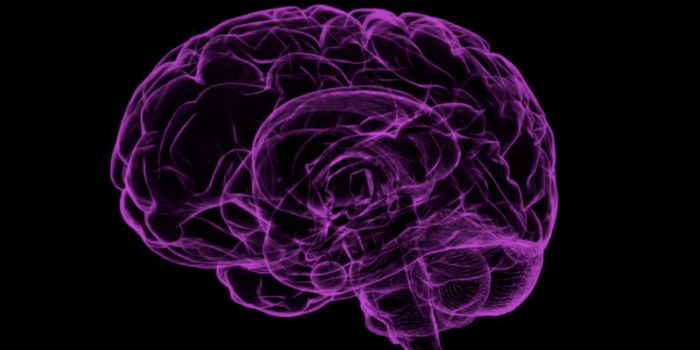Infant Study Suggests Musical Ability is Innate
There are plenty of musical families, and research has suggested that musical abilities have a genetic component. Now a study has tested the musical abilities of infants who are too young to have been trained, and the results suggested that some musical talents are not learned but are something people are born with. Reporting in the Journal of the Acoustical Society of America, scientists assessed how well infants could differentiate between sequences of major and minor (high and low) musical tones at six months of age. The research confirmed what has been observed in adults (regardless of training) - around 30 percent of infants could discriminate between the tones and 70 percent could not.
"At six months, it's highly unlikely that any of these infants have had any formal training in music," said Scott Adler, associate professor, Department of Psychology in the Faculty of Health and member of Vision: Science to Applications (VISTA) Program at the Centre for Vision Research. "Yes, parents play music for children. All children in western civilization hear music, but they don't get that specific training in music. This breakdown, therefore, is due to some inborn mechanism."
In this research, six-month-old infants were exposed to a random sequence of tones - a tone scramble. The characteristics of the tone series - whether the tones were major or minor - were a signal as to whether an image would appear on the right or the left. The infants would hear a sound, and then look to one side or the other; they would look right for a major tone scramble and left for a minor tone scramble. A second test used tone scrambles that did not predict where the images appeared.
Adler explained: "What we measured over time was how the infants learned the association between which tone they heard and where the picture is going to show up. If they can tell the difference in the tone, over time, when they hear the major notes, for example, they'll make an eye movement to the location for the picture even before the picture appears because they can predict this. This is what we are measuring."
It turned out that one-third of the infants' eye movements could anticipate the appearance of the image almost perfectly while the remainder, 67 percent, had eye movements unrelated to where the picture appeared.
This research may help us understand how music's emotional content is appreciated, or how language develops.
"There is a connection between music, music processing, and mathematical abilities, as well as language, so whether these things connect up to those abilities is an unknown," Adler noted. "However, when people talk to babies they change the intonation of their voice and the pitch of their voice so they're changing from major to minor. That is actually an important component for babies to learn language. If you don't have the capacity it might affect that ability in learning language."
Sources: AAAS/Eurekalert! via York University, Journal of Acoustical Society of America








